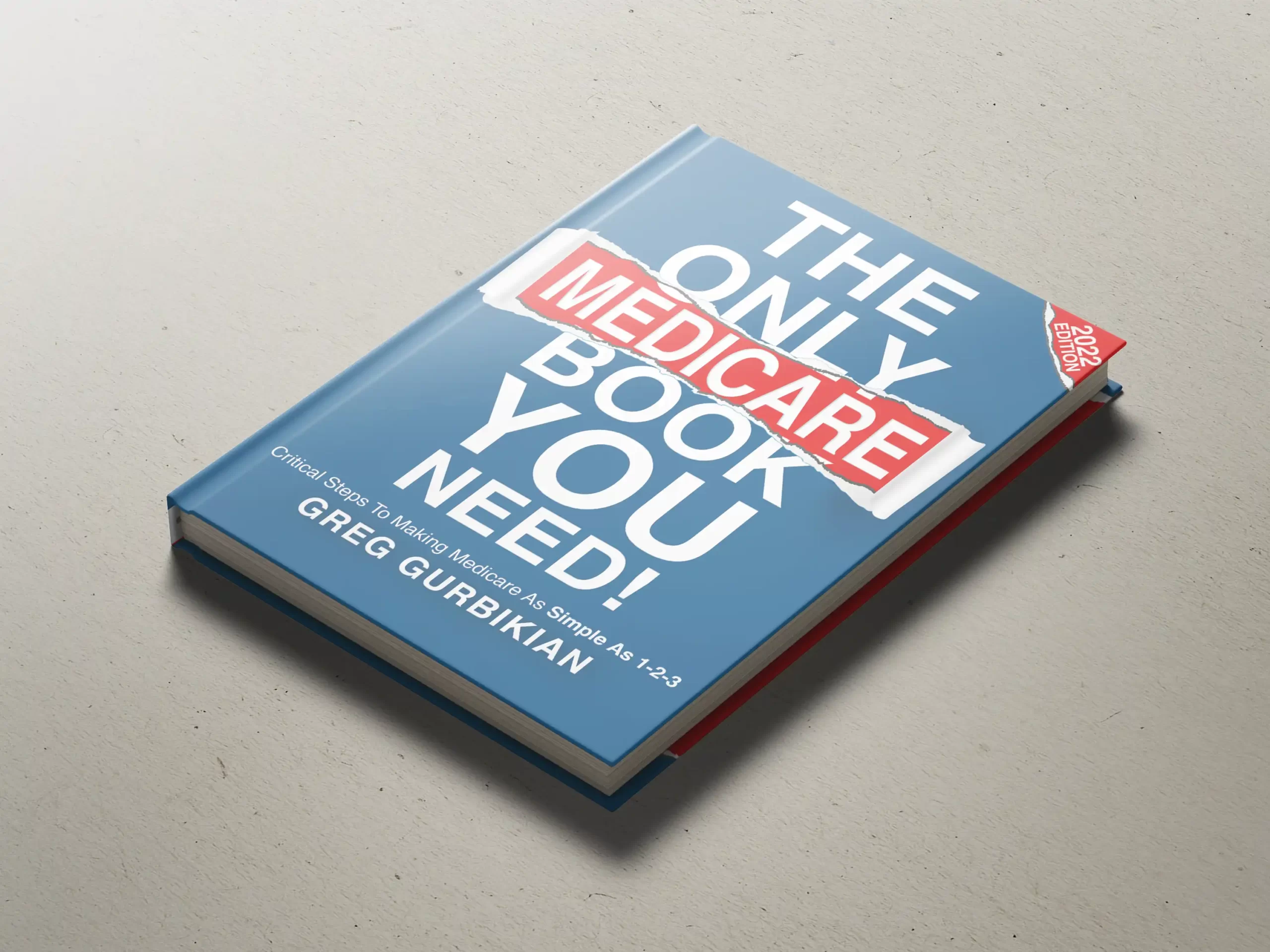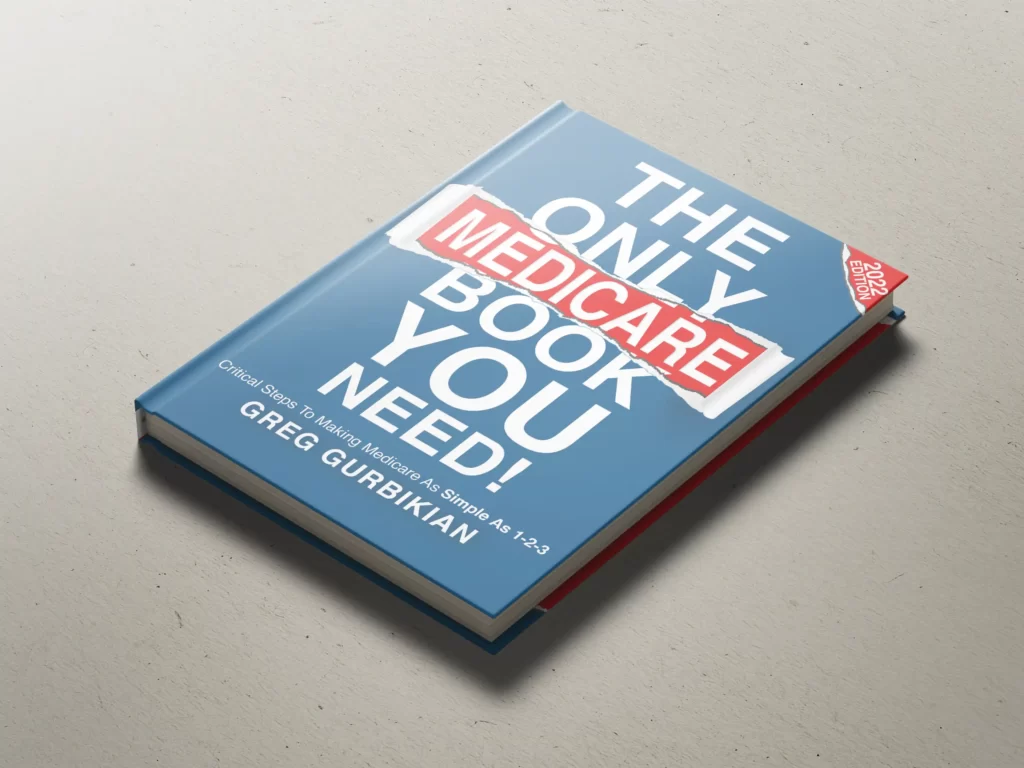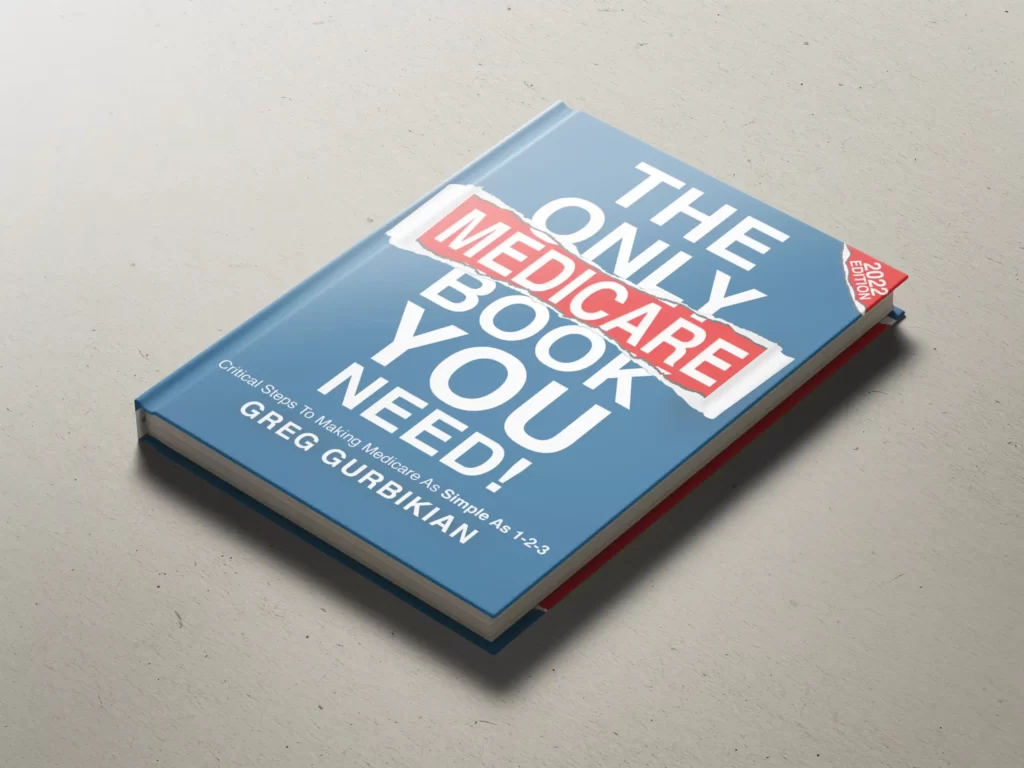The Challenges Of Prescription Pricing For Seniors In The U.S.
President/CEO at Healthcare Solutions Direct, LLC, a nationwide insurance agency focused primarily on the retiree health market.
Whether paying full price or using a Medicare prescription plan, many seniors are living with a medical condition that requires maintenance medications. This means their monthly budget is forever impacted.
How drug companies price medications then becomes inherently important. However, when it comes to prescription drug prices, things are not always what they seem. Drug manufacturers incorporate a few practices consumers should be aware of when it comes to medications.
Medications that are not widely distributed are referred to as orphan drugs because they are designated for small groups of patients. Drug companies price these high because there is less demand for them. In 2017, the median price of orphan drugs was $140,000 per patient per year. In comparison, ordinary drugs had a median price of $28,000. Without having generic substitutes, these small patient groups must pay high prices for necessary medications.
Product hopping and evergreening are other tactics drug manufacturers use that manipulate a drug’s patent. Evergreening is the practice of increasing the life of a patent. This happens by procuring more protections that will extend the manufacturer’s control over the drug, and it means other drug companies cannot release a less expensive version of the medication.
Product hopping involves extending a drug patent in a different way: by tweaking and rebranding a product that is about to go generic, according to the Coalition for Affordable Prescription Drugs (CAPD). This practice costs consumers and the U.S. healthcare system billions of dollars each year. It also happens more often than you’d think. About 78% of drugs associated with new patents are not drugs new to the market. A 2020 report from Matrix Global Advisors found that extending the patents on five specific drugs could cost the U.S. healthcare system $4.7 billion per year.
Canceling out these types of practices by enabling more generic drugs to enter the market could dramatically lower that expense. It would also make medication more affordable to consumers. However, as long as these tactics continue, drug companies can reduce the availability of generic medications. The problem is this forces up prices on something people already may have in their medicine cabinets.
Even if we did away with questionable practices relating to patents, there is still pay-for-delay. This practice occurs when a brand-name pharmaceutical manufacturer compensates its generic counterpart to hold off releasing the generic version of a medication. This practice is not illegal, but ending it would give Medicare more freedom.
Although this practice in particular has come under fire from a legal standpoint, there are currently no federal laws that prohibit pay-for-delay, according to a 2019 article by KHN and PolitiFact. The only headway made to date came from a ruling in 2013 in which the Supreme Court enabled the Federal Trade Commission (FTC) to challenge pay-for-delay agreements. This move changed the game, but not in the way you might think. The article notes that the ruling led pharmaceutical companies to stop exchanging cash but continue the practice by compensating each other in different ways.
The repercussions of all these practices continue to fall on the patients. According to the FTC, pay-for-delay costs consumers $3.5 billion per year in higher drug prices. This impact is not going unnoticed, either. A 2019 survey found that 23% of seniors taking prescription drugs said it is difficult to afford their medications. This can have a damaging effect on individuals. Those who cannot afford their medications may not always take them as they should. This can lead to worsening conditions and a lower quality of life.
Medicare does help make prescription medication more affordable for seniors through its Extra Help program. And working with an experienced health insurance provider can help you find the prescription coverage to match your needs with your budget. Those who are Medicare eligible can work with a Medicare insurance agent.
As drug prices continue to be a hot topic in this country, the hope is that more substantial positive change will emerge over time. Until drug manufacturers are held accountable for these harmful practices, seniors should focus on finding the best, most affordable Medicare plan for their situation.






